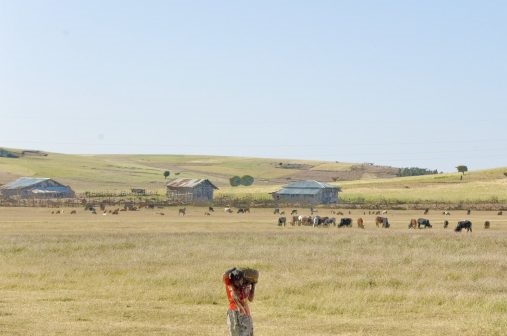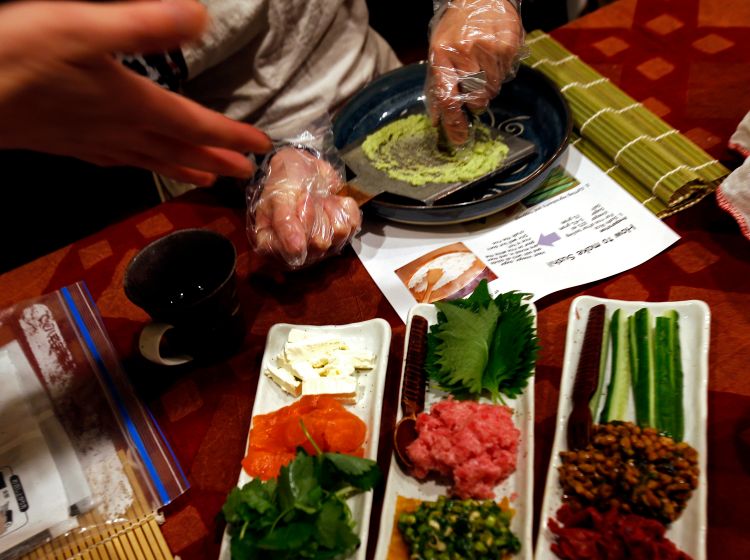SEATTLE, Washington — For several decades, the lack of food supply has been an impactful problem in Africa. However, because of COVID-19, the severity of hunger has grown immensely in countries throughout Africa. As the global pandemic continues to affect millions of lives, Africa struggles to provide an efficient supply of food for its people. At the beginning of April 2020, countries such as Kenya, Nigeria and Uganda attempted to solve the exponentially rising demand for food. Governments focused on food security, imports and more considerable emphasis on agriculture. As a result, regions throughout Africa are finding and creating unique ways to supply food. Here are a few ways Africa is providing sufficient food supply during the global pandemic.

Agriculture
Approximately 60% of Africa’s employment consists of work in farming and agriculture. Following the rising demand for food, the ministers for agriculture of the African Union member states met on April 16. They publicly stated they would work to minimize “food system discrepancies” and obtain food security for all. They also urged African governments to ensure food supply systems should prioritize agricultural farming. Due to COVID-19, agriculture is currently playing a critical role in hopefully maintaining food supplies in Africa.
Moreover, African regions have experienced tailwinds throughout the continent that have helped maintain the agricultural and food system disruptions. These tailwinds included tropical storms with large amounts of rainfall, allowing produce and agriculture to exceed in 2020. Though many are scared of the food shortage in Africa, excessive agricultural production will allow a bit of stability during a pandemic.
Furthermore, there has been more attention to the actions African governments must take to ensure stability throughout the agriculture sector. Individual acts the governments must take include ensuring food security centers are in place and active and forecasting food availability and distribution. Such legislation will allow citizens to remain a little more at ease during such difficult times.
Food Security
In terms of providing a sufficient amount of food, Africa has increased overall food security. In cases of emergencies, Africa has created fully prepared procedures. While it is necessary to limit the general food supply, Africa hopes to ensure the ability to provide essential nutrition.
More than 23 million African citizens are expected to suffer from hunger severely. The International Fund for Agricultural Development has ensured several ways to aid African regions at a safer distance. This includes storing millions of products, securing supply chains and providing seeds for agricultural use.
Fortunately, The African Development Plan has created an emergency package for those severely affected by the global pandemic. The package, known as the Feed Africa Response to COVID-19 (FAREC), supports local farmers, private sectors and small enterprises.
Food Imports
Another way Africa hopes to provide an efficient food supply is through food imports. Countries throughout Africa rely heavily on imported goods from other countries. In 2018, Africa imported more than 40 million tons of cereal. As a result of Africa’s heavy dependence on food imports, globalization efforts and international shipping access are necessary from other countries. Support from food imports will hopefully prevent a humanitarian disaster in Africa.
As Africa has experienced several epidemics in recent years, such as Ebola in 2014, the African Development Plan used prior epidemic research and lessons to maintain stability during this difficult time. Currently, the African Development Plan has prepared approximately $10 billion solely for emergencies like the current global pandemic. Such efforts have allowed an increase in food security and restoration today. While Africa is currently struggling to maintain an efficient food supply, an emphasis on agriculture, food imports and intensive food security will allow the nation to survive through the global pandemic.
—Elisabeth Balicanta
